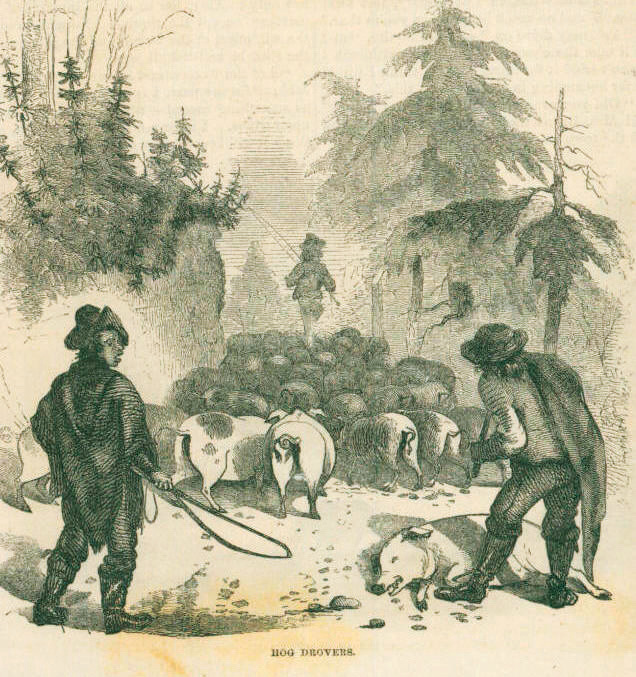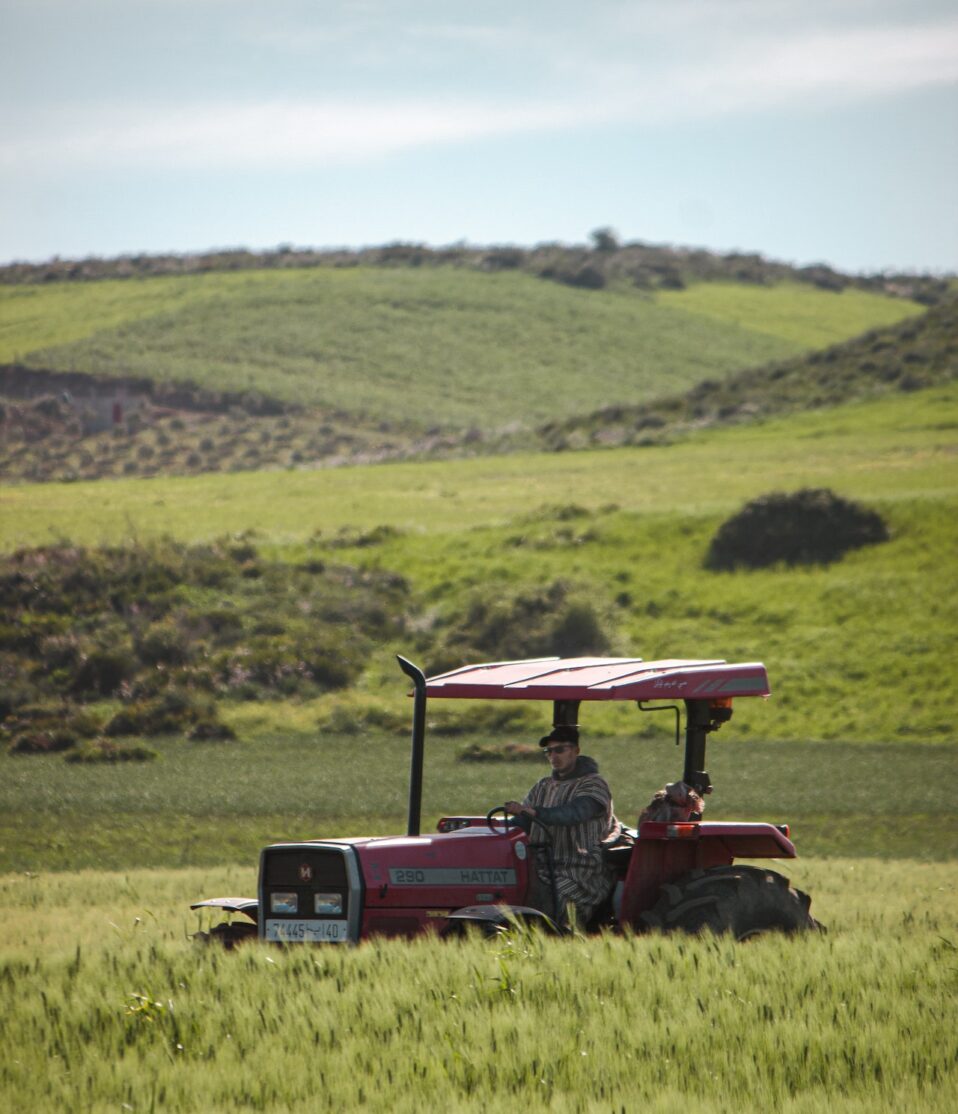Long before interstates or railroads connected Asheville and Newport, farmers faced a challenge: getting their goods to market. The fertile valleys of the French Broad River and Cocke County produced an abundance of food that was in demand as far south as Charleston, SC.
A Fertile Land: Corn and Hog Farming
In 1874, Joseph Buckner Killebrew, a Tennessee Bureau of Agriculture agent, wrote about the area’s incredible potential:
“These are exceedingly fertile valleys, the soil equal to any in the State. It is alluvial and deep. With anything like fair cultivation, it will produce from fifty to one hundred bushels of corn to the acre.”
Much of the corn grown in Cocke County wasn’t used for milling or distilling. Instead, it was used to fatten hogs, which were then sold to markets throughout the South. Hogs are voracious eaters, and the corn yields in the river plains of Big Creek and the French Broad River were plentiful.
In contrast, the plantation farmers in Georgia and South Carolina focused on crops like cotton and rice, selling them in large cities or even globally. These plantation owners needed pork to feed the workers who planted, tended, and harvested their crops. And so, the famous hog drive through Cocke County was born.
The Hog Drive: A Journey to Asheville
Each year, beginning in early November, the hog drive would begin along the dusty road parallel to the French Broad River. Farmers would move their hogs in groups, heading to Asheville to sell them to plantation owners or slaughterhouses. A drover could move his herd about 10 miles a day, keeping the hogs on the move with loud calls like:
“Soo-eey,” “Su-boy,” or “Ho-o-o-yuh.”
Along the route, inns with pens and feed for the hogs were common, and sometimes the drovers would rest at these inns, possibly even spending the night.
One such inn, Wolf Creek Inn, stood near where Wolf Creek flows into the French Broad, south of Del Rio. This route became so famous for the hog drives that Asheville even erected a statue of walking hogs downtown, commemorating the city’s connection to this porcine economy.
The End of the Hog Drive Era
By 1880, the completion of the railroad between Newport and Asheville made the long road journey a thing of the past. The once-bustling hog drives faded into history.
Today, the 25 E Highway between Newport and Hot Springs, NC is part of the East Tennessee Crossing Byway, a national scenic byway. Interestingly, this same road is now popular with motorcycle clubs, especially those riding Harley-Davidson bikes—colloquially known as Hogs. The legend goes that a Harley-Davidson racing team adopted a hog as their mascot, and the name has stuck ever since.








